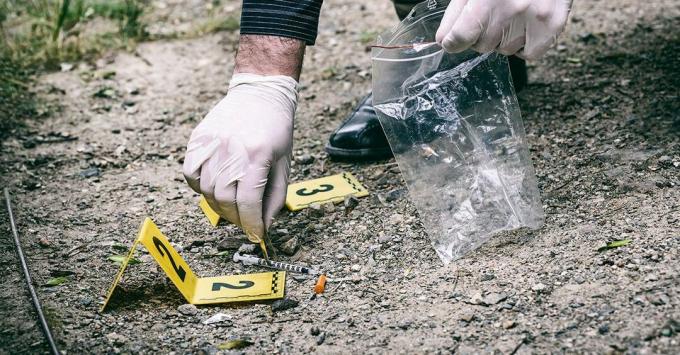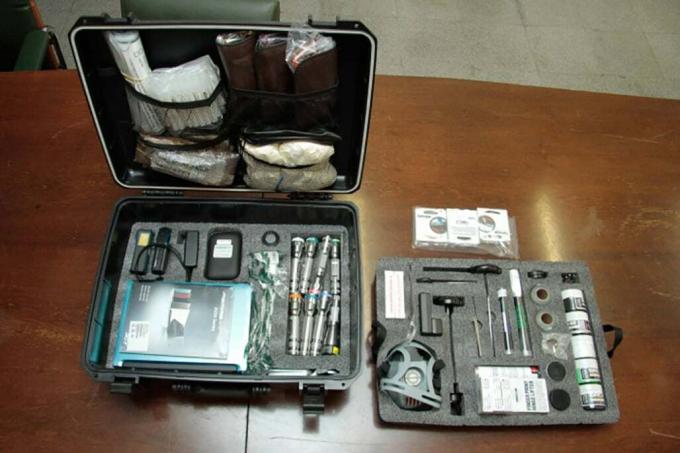
What is forensic biology? Forensic biology is a branch of biology that assists in the elucidation of crimes and can be divided into several subareas such as botany, genetics, entomology, ornithology, toxicology, pathology and molecular biology.
besides the blood, forensic biology examines other bodily fluids, hair, bones, insects, plants and animals to assist in criminal investigations.
see more
Biology teacher fired after class on XX and XY chromosomes;…
Cannabidiol found in common plant in Brazil brings new perspective…
The techniques used in forensic biology are diversified between field and laboratory. In general, biologists collect samples in the field and analyze them in the laboratory.
However, they also look at biological evidence that can be found on clothes, door handles and other general objects and weapons.
These analyzes make it possible to identify events such as how long ago death occurred and the causes of death.
Although the main strand of forensic biology is the unraveling of human crimes, it can also act in investigations of environmental crimes such as contamination of water beds and animal trafficking, among others.
Forensic biologists must detail in great detail all records found in a report, preferably with images to illustrate the results.
These professionals can be summoned as witnesses in court to show the results of their research as a contribution to the jury.

Forensic biologists can work in many government departments that are related to investigations.
The main workplaces of these professionals are the Civil police, The Federal police, the Legal Medical Institute, hospitals and laboratories in general.
In addition to public places, there are many private laboratories that work with biological analysis and environmental consulting or environmental expertise companies that investigate threats to the environment and health public.

See too:

